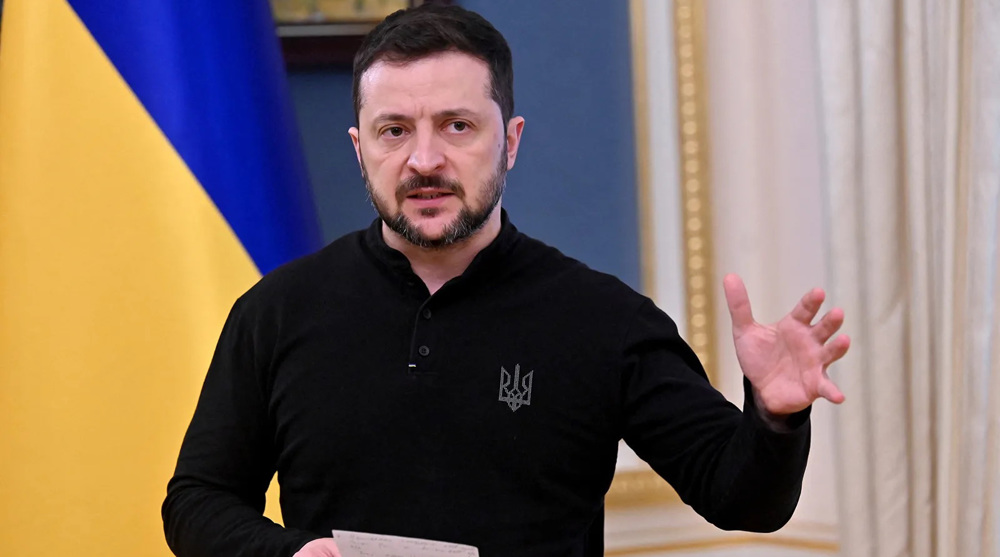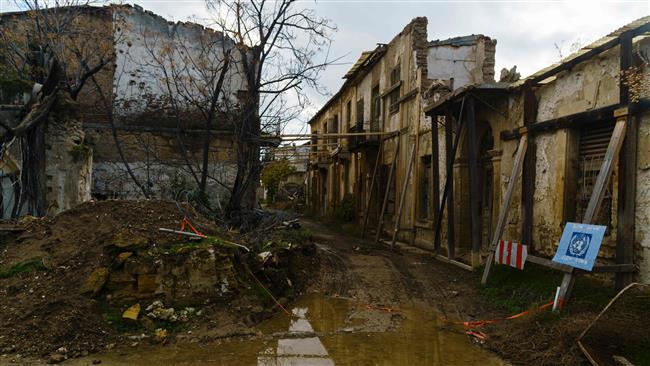After Cyprus talks, grievances surface
The countries involved in recent talks for the resolution of the Cypriot dispute have been voicing their respective reservations, with no visible sign of a compromise to help solve the matter.
There are currently two Cypruses, the Turkish Cyprus and the Greek Cyprus, and the two are being ruled separately. Numerous rounds of talks and generations of diplomats have attempted but failed to somehow resolve the matter, and Cyprus has earned the nickname “the diplomatic graveyard” as a result.
Most recently, talks have been focusing on establishing a politically unified but territorially bizonal country, i.e. introducing a single political system but keeping “entities” for the Turkish Cypriot and Greek Cypriot communities in place.
Turkish President Recep Tayyip Erdogan, whose country is one of the three so-called guarantors in the dispute, has demanded that if a future united Cyprus is to be ruled by one president instead of two, the role be a rotating one. According to him, the Turkish side would assume presidency for one term in exchange for every two terms the role is taken on by the Greek side.
A nation (or two) in distress
Cyprus is a also former British colony, and the UK still retains its military bases and installations on the island. Back in 1974, Greek-allied forces staged a failed coup to annex the island, but Turkey responded militarily, and the territory has been partitioned ever since.
There are about 800,000 Greek Cypriots and 220,000 Turkish Cypriots. While the two communities have not engaged in open conflict for decades, the issue of territorial demarcations is sensitive for many of them.
January 9 saw the launch of the latest talks on the issues of contention. The talks started between the leaders of the Turkish Cyprus and the Greek Cyprus under the auspices of the United Nations (UN) in Geneva. During the talks, the two sides submitted to each other and to the UN maps with desired territorial contours for the future “entities.”
The two-way negotiations were followed by an international conference on Thursday, which was also attended by Greece, Turkey, and the United Kingdom — the other international “guarantors.”
After the talks, Turkish Cypriot President Mustafa Akinci said the territorial designations offered by the opposite side were “unacceptable.”
“The map submitted by Greek Cypriots to the UN is unacceptable,” Akinci said, adding that his side would not sign off on an agreement that does not include rotating presidency for a unified Cyprus.
Greek Cypriot President Nicos Anastasiades, meanwhile, said the withdrawal of 30,000 Turkish troops currently deployed in Cyprus was a precondition for any agreement to reunify the Mediterranean island.
Turkish President Recep Tayyip Erdogan quickly ruled out that prospect. A complete withdrawal, he said, was “out of question.”
The only issue to have been agreed on in the latest negotiations seemed to be the date for future talks at a lower level.
Greek Cypriot government spokesman Nikos Christodoulides said the talks would continue “at the level of the technocrats on January 18.” Turkish Foreign Minister Mevlut Cavusoglu on Thursday confirmed that the talks would continue with a working group at the deputy level on that date and added that ministerial and prime ministerial meetings would then follow.
He said, however, that the sides had not agreed on when to hold the higher-level meetings. “There is no consensus among sides on when to hold the next Cyprus conference at the ministerial level.”
Trump raises global tariffs to 15%, calls Supreme Court ruling ‘ridiculous’
IRGC Navy tests Sayyad-3G air defense missile in Strait of Hormuz
Iran labels EU naval, air forces as ‘terrorist’ in response to IRGC listing
ICE quietly buys warehouses for major detention expansion
Family of US citizen killed by Israeli settler demands end to impunity
VIDEO | Press TV's news headlines
VIDEO | Trump’s 'Gaza Riviera' vs. tents: Deep divide over US' 12-point plan
VIDEO | Palestine Action is back!















 This makes it easy to access the Press TV website
This makes it easy to access the Press TV website